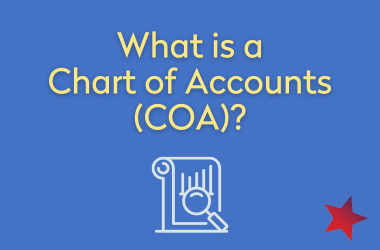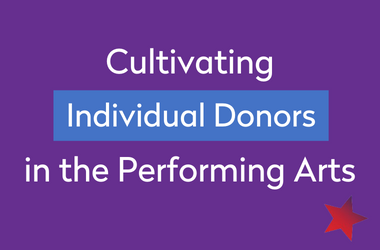What is a Sole Proprietor?
Definition of Sole Proprietor for Those in the Performing Arts
A Sole Proprietor is an entity that is not incorporated (as a C-corp, S-corp, or other corporate structure). This includes performing arts entities. As the name implies, sole proprietors have just one owner, who pays personal income tax on any profits earned from the entity. Sole proprietors are not as highly regulated as other structures, and many do business under their own name rather than creating a separate business name.
How are Sole Proprietors Created?
Because of their lack of regulation, sole proprietor businesses are the easiest to create, often being used by independent contractors and consultants. They’re also easy to dissolve, and in some cases are transformed into an LLC or corporate structure when the organization grows. There is no separate legal entity with a sole proprietor, and the owner is therefore liable for any profits, debts, and liabilities of the business.
While they are a simple place to start for many organizations, sole proprietors don’t provide protection from the business’s liability and sometimes lack the credibility of an incorporated business. Therefore, it’s a good idea to compare the benefits of a sole proprietor to those of a C-corp, S-corp, LLC, and non-profit – and consult a good accountant and lawyer before choosing even this simple business structure.
Many Performing Artists are an Ideal Fit to Become Sole Proprietors
This incorporation structure is best for any business where the owner has confidence in upholding the stability of the organization singlehandedly, whether it’s through the organization’s profits, debts, or other finances. If the owner of the organization is also looking to kickstart the business without too many regulations based on legalities and paperwork, this is for them. Sole proprietors will also be able to keep the organization flexible and adaptable in terms of its structure and whether they would like to evolve out of this status to become something else such as an LLC.
Related Resources
What is a Chart of Accounts (COA)?
What is a Chart of Accounts (COA)?Why is a Chart of Accounts (COA) important for your bookkeeping practices? A Chart of Accounts (COA) is a list of the accounts that an organization has identified for recording and allocating transactions in its general ledger. Within...
Financial Audit Vs. Financial Review
Key Differences Between a Financial Audit & Financial ReviewA financial audit and review are two different types of financial assessments conducted by professionals to evaluate the accuracy and completeness of financial statements. The main difference between an...
Cultivating Individual Donors in the Performing Arts
Cultivating Individual Donors in the Performing ArtsDevelopment & Fundraising through Individual Donations Everyone needs money, and if you are an artist, nonprofit, or dance organization, a good chunk of your income is probably raised through fundraising. In the...



